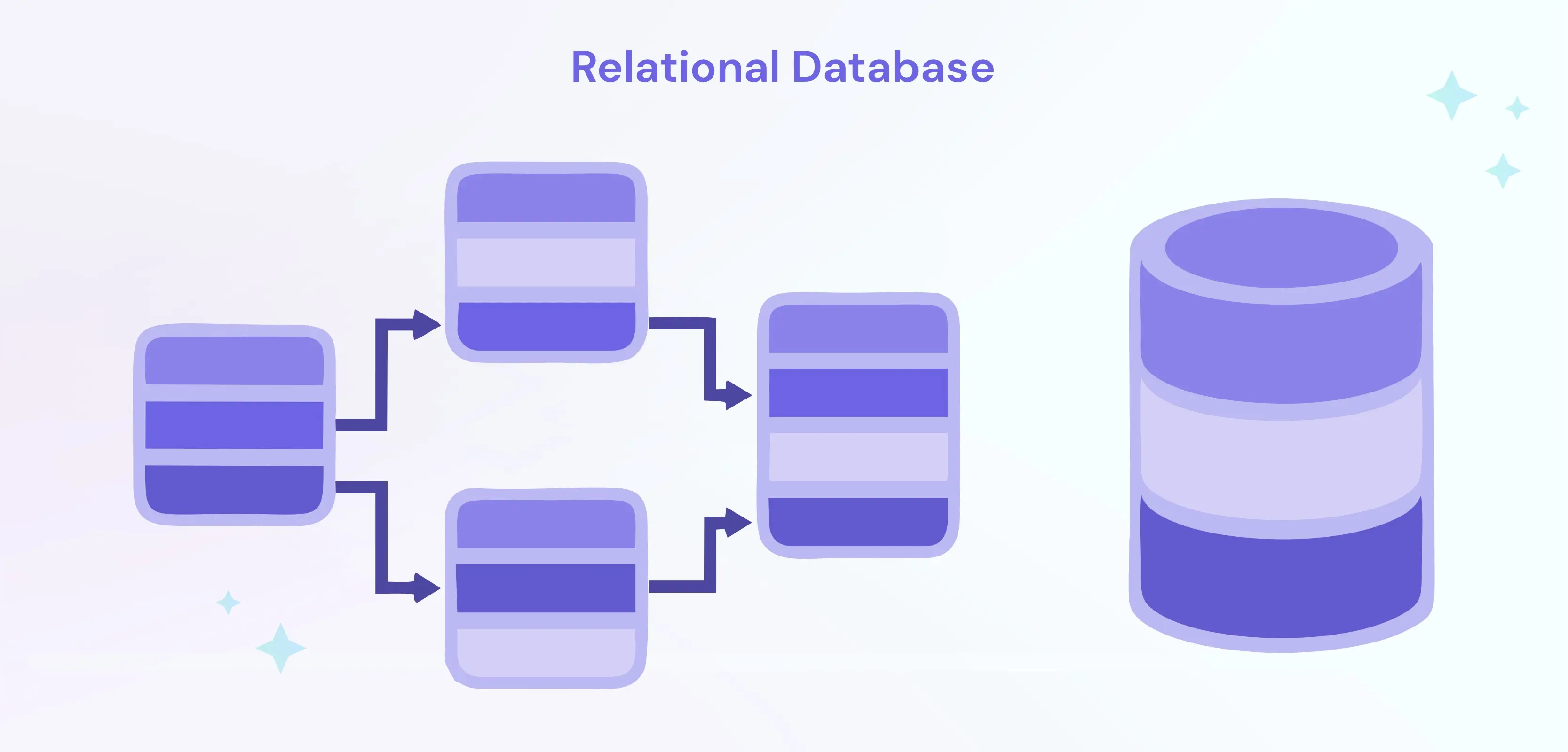The trajectory of the relational database sector is largely dictated by the strategic maneuvers of its most influential players. These Relational Database Market Market Leaders, a mix of legacy software giants and modern cloud titans, are engaged in a sophisticated chess match for market supremacy, with their decisions influencing technology adoption, pricing structures, and innovation trends across the industry. The market's foundational importance to virtually all digital services ensures its continued and vigorous expansion, creating a fertile ground for these leaders to implement growth-oriented strategies. This growth is quantified by significant industry projections. The Relational Database Market size is projected to grow USD 258.57 Billion by 2035, exhibiting a CAGR of 12.50% during the forecast period 2025-2035. Navigating this growth requires leaders to balance the defense of their core businesses with aggressive investment in emerging paradigms like cloud computing, artificial intelligence, and serverless architectures. Their strategies are not just about product development but encompass go-to-market approaches, partnership ecosystems, and a deep understanding of shifting enterprise priorities, from cost optimization to enabling data-driven innovation.
The strategies of market leaders can be broadly categorized into two camps: the incumbent defenders and the cloud-native challengers. Incumbents like Oracle and Microsoft are executing a multi-pronged strategy. First, they are focused on protecting their vast and lucrative on-premises customer base by offering clear migration paths and hybrid solutions that bridge the gap between their legacy products (Oracle Database, SQL Server) and their modern cloud offerings (Oracle Cloud Infrastructure, Azure SQL). This hybrid approach acknowledges that many large enterprises are not ready or willing to move all their data to the public cloud. Second, they are aggressively innovating in their cloud database services, often leapfrogging features to compete directly with cloud-native players. Oracle's promotion of its "Autonomous Database" is a prime example, positioning AI-driven automation as a key differentiator. Microsoft leverages its deep integration with the wider Azure ecosystem and its strong enterprise sales channels to drive adoption of Azure SQL. The challengers, led by AWS and followed by Google Cloud, employ a strategy centered on developer obsession and operational excellence. They focus on providing a wide array of managed database options, including highly popular open-source engines, with a frictionless, self-service adoption model. Their relentless focus on scalability, reliability, and cost-efficiency has made them the default choice for new application development.
Looking ahead, the strategic imperatives for market leaders are converging around several key themes. First and foremost is the embrace of a multi-model and multi-cloud world. Leaders recognize that customers want to use the best tool for the job, which may mean a relational database for one workload and a document or graph database for another. Successful leaders are building unified data platforms that can manage diverse data types and run seamlessly across different cloud environments. Second, the integration of generative AI and natural language processing into database interfaces is becoming a new frontier of competition. The ability for users to query complex databases using plain English will democratize data access and unlock immense value. Third, the focus on data governance, security, and compliance is paramount. As data becomes more distributed and regulations become stricter, leaders who provide robust, centralized controls for managing data security and privacy across a hybrid, multi-cloud estate will earn greater enterprise trust. Ultimately, the market leaders of tomorrow will be those who can best simplify the immense complexity of modern data management, empowering organizations to harness their data as a strategic asset.
Top Trending Reports -
France Customer Communication Management Software Market



